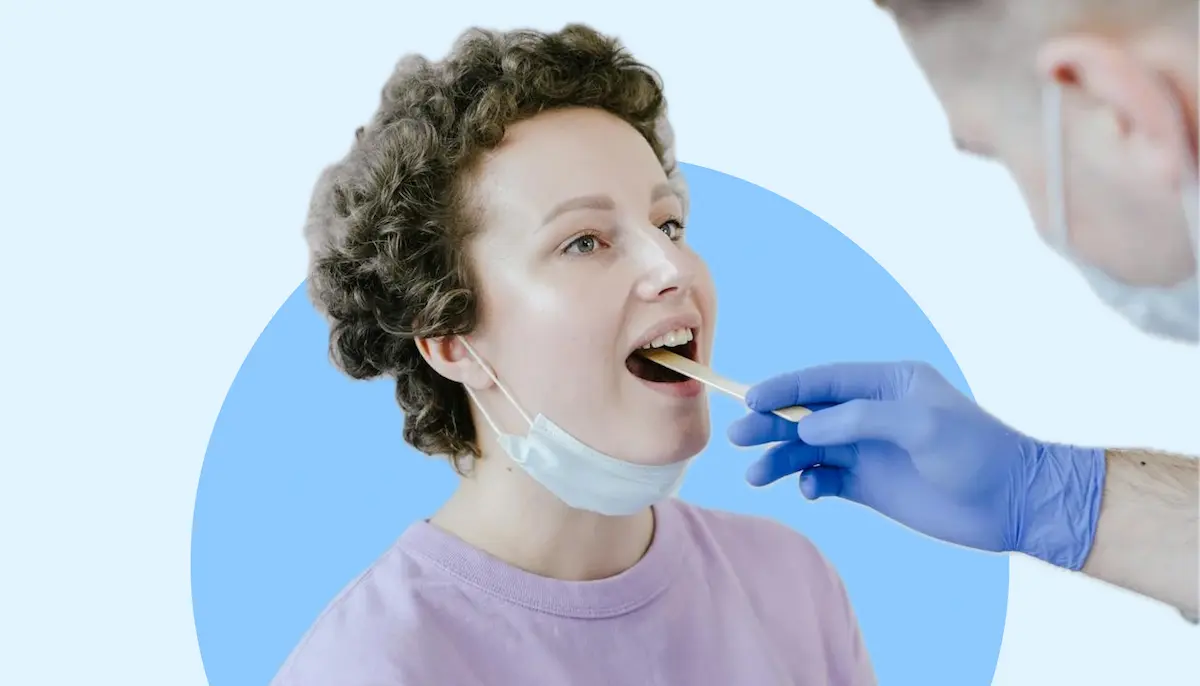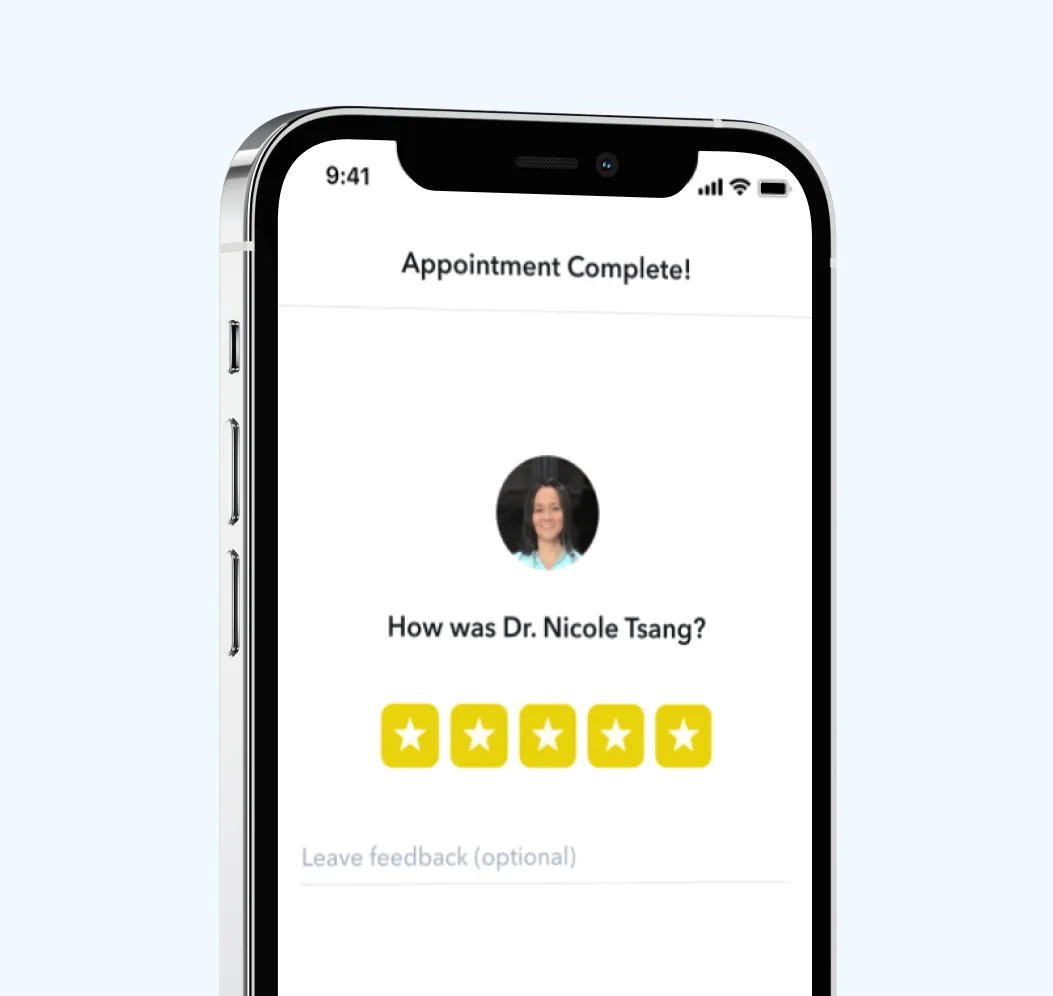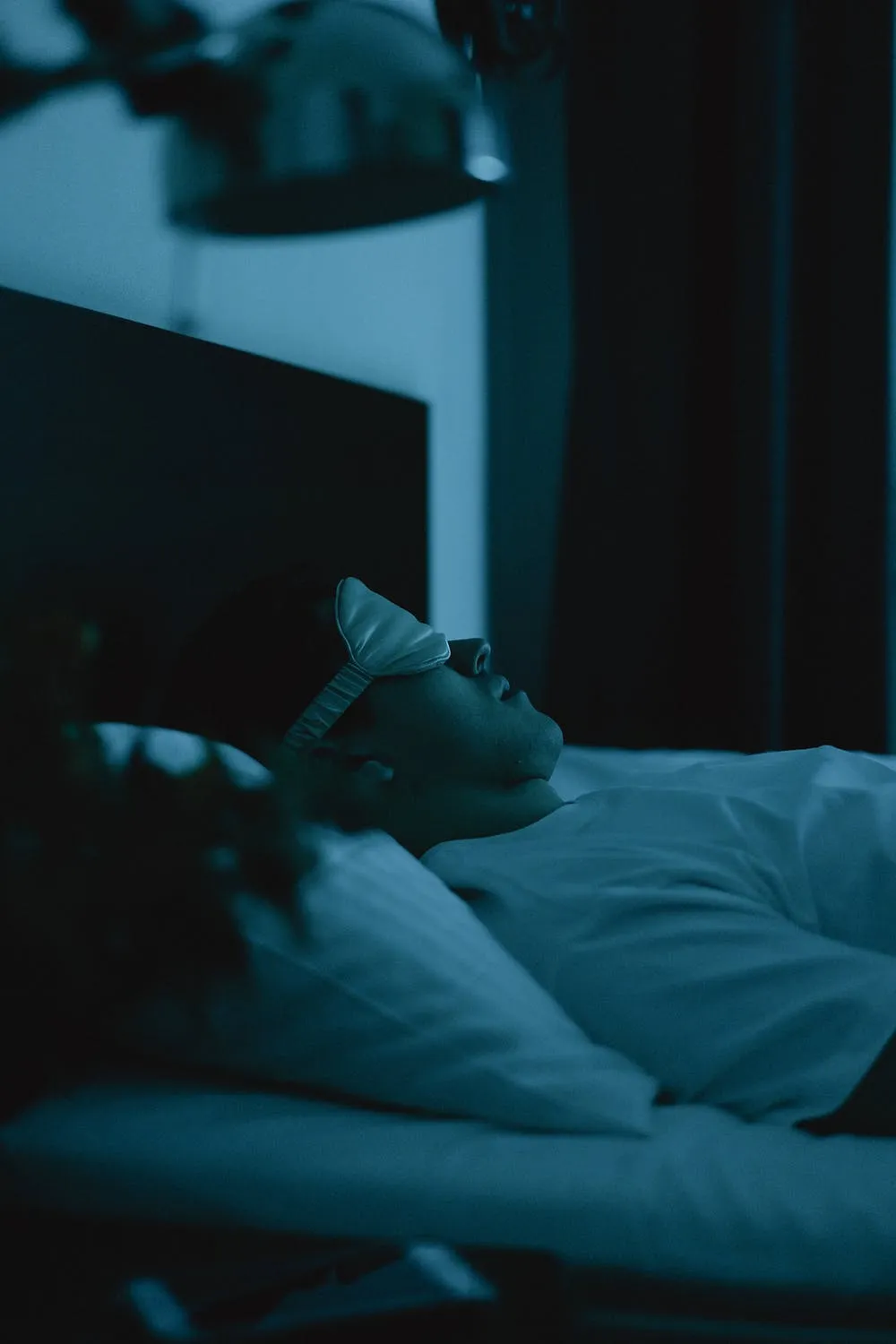All posts
Where Can I Get a Strep Test?

Circle Medical Staff
Nov 25, 2023
8 min

Strep throat is a bacterial infection that causes you to have a sore throat. If you suspect you have strep, it’s important to get a strep test and receive the appropriate treatment for your condition. In this blog, we’ll take a look at the steps you need to take to get a strep test, the symptoms of strep, and what treatment looks like. Read on to learn more!
Can you test for strep too early?
With a rapid antigen test, testing for strep doesn’t take long at all. A rapid antigen test can confirm strep in minutes. With that being said, sometimes you may get a false negative, and your doctor may want to do a more thorough lab test to make sure that strep isn’t the cause of your symptoms. This means a throat culture, which typically takes 24—48 hours to receive the results. However, in most cases, a rapid antigen test should be sufficient.
Understanding Strep Throat Symptoms
Strep throat symptoms may vary from person to person, but the common symptoms are usually some combinations of the following:
- A sore throat that comes on suddenly
- Difficulty swallowing
- Redness in the throat
- White patches or pus on the tonsils
- Red or swelling tonsils
- Swollen or tender lymph nodes
- Fever
- Headache
- Body aches
- Nausea
- Vomiting
- Red spots on the roof of the mouth Symptoms can range from mild to severe, but it’s important to know the symptoms so you know when it’s time to go to the doctor. It’s important to remember that strep throat can lead to further complications if left untreated, such as abscesses.. We’ll touch on those later, but make sure you don’t ignore the symptoms of strep throat.
What Are the Causes?
Strep throat is caused by the bacteria Streptococcus pyogenes, also known as group A streptococcus. Strep throat is very contagious and can be spread from person to person. Typically, the bacteria is spread through respiratory droplets from an infected person sneezing or coughing. Shared food and drinks can also increase the risk of spreading strep. You can even get strep from surfaces or objects that have bacteria on them.
This is why it’s important to isolate when you have strep and to avoid close contact with individuals who have strep or symptoms of strep. You should also make sure to wash your hands thoroughly and frequently. Of course, you should avoid sharing personal items like cups and silverware. Wash eating and drinking utensils with hot soap and water when someone you’re living with is recovering from strep. Make sure to take the necessary precautions if you have strep or if someone you know has strep so you can prevent it from spreading further.
How Is It Diagnosed?
If your health care provider suspects you have strep throat, there are a few tests they can use. The two most common methods for detecting strep are:
- Rapid antigen test — A rapid antigen test is a test where your throat is swabbed to check for the presence of bacteria. This test can provide results in minutes and detect antigens that indicate you are positive for strep. However, your doctor may still want further testing if the test is negative and they still suspect strep.
- Throat culture — To thoroughly rule out strep, your health care provider may do a throat culture. A throat culture involves swabbing the back of your throat and tonsils to obtain samples that can be tested in a lab. This method takes longer for results, and you’ll often have to wait up to 48 hours. It’s important to note that self-diagnosing strep throat is not recommended, as only a health care professional can accurately diagnose the condition. A throat swab is used to collect the sample, often with a cotton swab, and may involve the use of a tongue depressor to get a clear sample from the back of the throat.
When To Seek Medical Attention
If you suspect you have strep throat, it’s best to get medical attention as soon as possible. Although strep is treatable and rarely becomes dangerous, complications can arise if it’s left untreated. Untreated strep can lead to issues like kidney inflammation or rheumatic fever. If you have any symptoms of strep, make an appointment with your primary care provider and get tested to determine the source of your symptoms. This will allow you to get an official diagnosis, and you can begin treatment and start feeling better sooner rather than later.
Treatment Options
When it comes to strep throat, treatment typically involves a round of antibiotics along with self-care methods.
After diagnosing you with strep throat, your health care provider will likely prescribe antibiotic treatment that will help kill the bacteria causing the infection and alleviate symptoms. It’s important to take the full course of antibiotics as prescribed, even if you feel better. This ensures the bacteria is eliminated and prevents further complications.
Along with antibiotics, you can alleviate symptoms through self-care methods and over-the-counter pain relievers. Ibuprofen, acetaminophen, and throat lozenges can provide some relief for your discomfort and soreness. It can also help to gargle warm salt water and eat easy-to-swallow foods. Using mouthwash can also soothe a sore throat, but it won’t eliminate strep bacteria. Of course, as with most illnesses, you also need to make sure to get plenty of rest and stay hydrated. By following your treatment plan, you’ll be on the road to recovery much faster.
Complications and Related Conditions
Strep throat, if left untreated, can lead to various complications, including scarlet fever, abscesses.. These conditions are caused by the same group A streptococcus bacteria and can be serious if not treated promptly. Additionally, untreated strep can lead to more severe health issues such as kidney inflammation or rheumatic fever.
Book an appointment with a Circle Medical telehealth provider today!
If you suspect you’re experiencing symptoms of strep throat, make sure to make an appointment with your primary care provider. Circle Medical makes primary care simple and convenient. As a full-stack primary care clinic, you can receive both in-person and online care through Circle Medical. We even offer same-day appointments so you can meet with a provider as soon as possible. Book your appointment with a Circle Medical telehealth provider today to get started!
Circle Medical Providers must meet all of the following standards:
-
Exceptionally qualified in their field
-
Board-certified
-
Deeply empathetic for patients
-
Follows evidence-based care guidelines
-
Embracing of diverse patient backgrounds
-
Impeccable record of previous care
400+ Primary Care Providers.
100% Confidence.
No matter which Provider you choose, you will be seen by a clinician who cares deeply about your health and wants to help you live your happiest, healthiest life.
Circle Medical Providers are held to an exceptionally high standard of compassionate, evidence-based care.
Book Appointment

